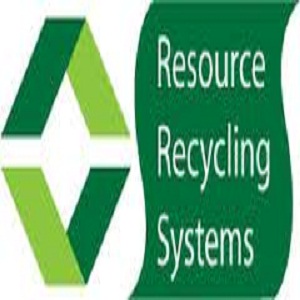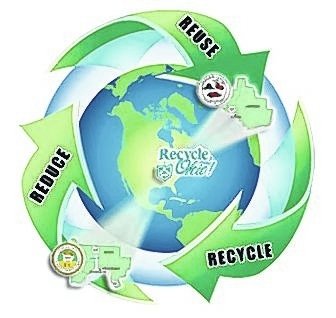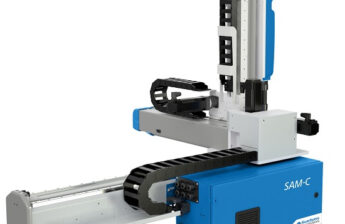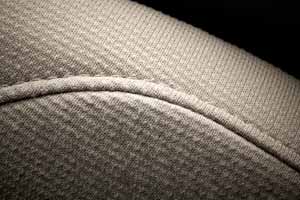
The trials, which were funded by the UK government backed Waste and Resources Action Programme (WRAP), were able to identify
methods of recycling materials such as black plastics, complex laminated plastics, plastic films, and polypropylene (PP).
Each year, more than 300,000 tonnes of plastic packaging is collected and recycled, but over a million tonnes, much of it from food packaging, still end up at landfills because of the difficulty associated with recycling certain types of packaging.
Black plastics are notoriously difficult to detect, films are often hard to collect and the lack of high value markets for non-plastic bottles have attributed to large amounts of unrecyclable waste.
WRAP who, “worked with a number of retailers during the trial process,” will continue to work with the industry to try and establish whether a viable and economical process can be developed based on the trial.
WRAP added, “The technologies and methods developed in the trials are still in their very early stages, and further work still needs to be done on collection and processing infrastructure before they can be widely used.”
“We have shown there are methods, and will work with the industry to help develop these.”
Trials
As a result of the trials, they found that, “using non-carbon pigments in the manufacture of black plastics, it is possible to create a material that is almost identical in colour, but can be identified by the optical sorting equipment used by many MRFs.”
WRAP believe this, “could lead to the widespread recycling of the most common plastic used in packaging.”
“Feedback from retailers has been encouraging, and the plastic trays could be recycled into high value single-polymer materials.”
Another system has been developed that would clean and recycle contaminated films.
The third study conducted, focussed on the recycling of post-consumer PP back into food application suitable material.
PP is used in food packaging such as pots, tubs and trays, so there is a large demand from retailers and brand owners for recycled PP in the food production sector.
Sustainability
Director of Closed Loop Economy at WRAP, Marcus Gover said, “When we first looked at recycling non-plastic bottle packaging back in 2007, we carried out detailed studies to make sure it would be technically and economical viable.”
“There have been, and there are still, barriers to overcome and WRAP will continue to work closely with the industry to develop these new methods and technologies so that, in the future, local authorities can offer their residents a way of recycling even more their plastic packaging.”
Source : www.foodproductiondaily.com







